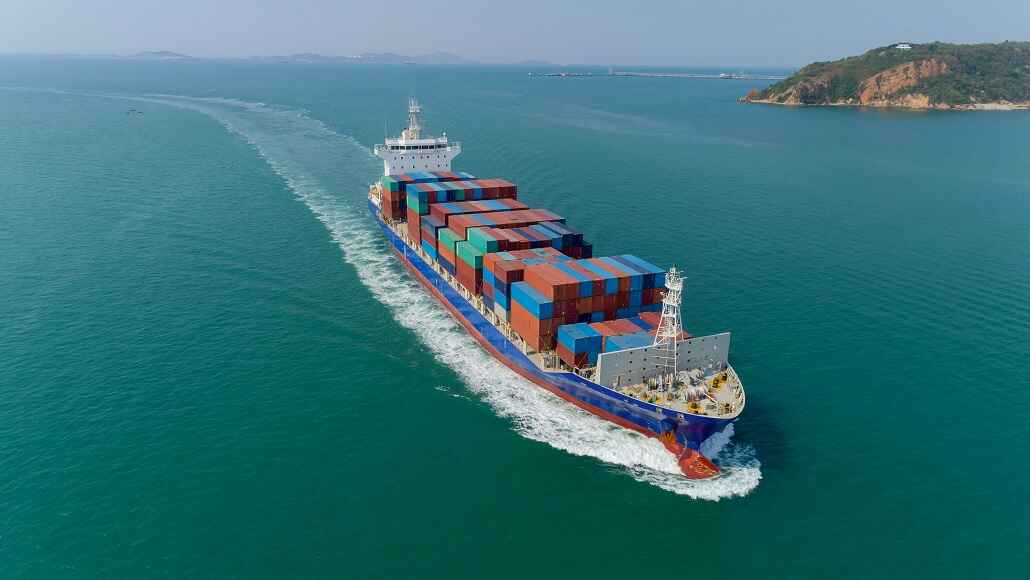The All Pakistan Textile Mills Association (APTMA) has called upon the Prime Minister to take swift action to reopen highways for the transport of import and export cargo, which has been halted since April 19, 2025.
During a press conference held on Saturday, APTMA Chairman Kamran Arshad revealed that more than 25,000 export containers are currently stranded, unable to reach ports due to the paralysis of cargo transportation across Sindh. He further noted that approximately 50,000 containers filled with imported and domestic materials are also stuck, warning that even if clearance efforts begin immediately, it could take 20 to 25 days to resolve the existing backlog.
Kamran described the situation as a “national crisis,” stressing that it poses a risk of hundreds of millions of dollars in economic losses, disrupts industrial operations, delays export shipments, and places additional strain on Pakistan’s already vulnerable economy. He urged the Prime Minister, the Chief Minister of Sindh, and Bilawal Bhutto Zardari to intervene urgently to address the worsening logistics crisis.
The APTMA chairman also raised significant concerns regarding discrepancies in the Export Facilitation Scheme (EFS). He noted that the elimination of sales tax exemptions on local supplies while maintaining duty-free status for imports has severely impacted the domestic textile sector, particularly the spinning industry and cotton producers.
According to Kamran, around 120 spinning mills, which account for approximately 20 to 25 percent of yarn production, along with over 800 ginning factories, have already ceased operations. With the remaining mills functioning at only 50 percent capacity, he cautioned that further closures could lead to massive job losses and detrimental effects on rural economies.
Kamran criticized existing policies for favoring imported raw materials over domestic production, resulting in direct and indirect job losses across multiple sectors. He urged the government to revert the EFS to its status as of June 30, 2024, by reintroducing zero-rating or sales tax exemptions on local supplies.
As an alternative, he suggested imposing equivalent taxes on imports to create a more equitable environment for local industries.

































